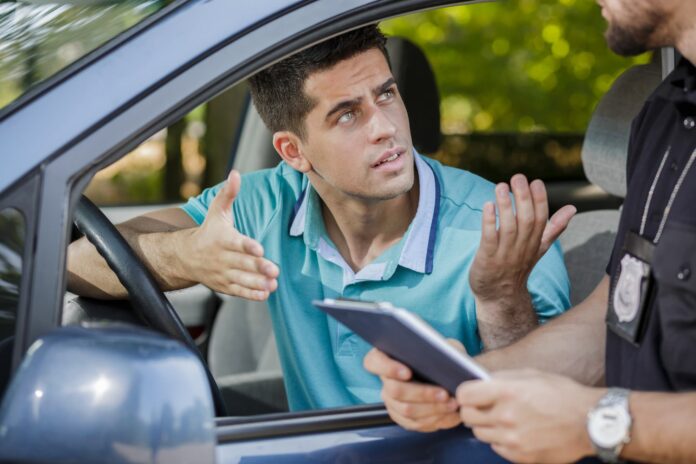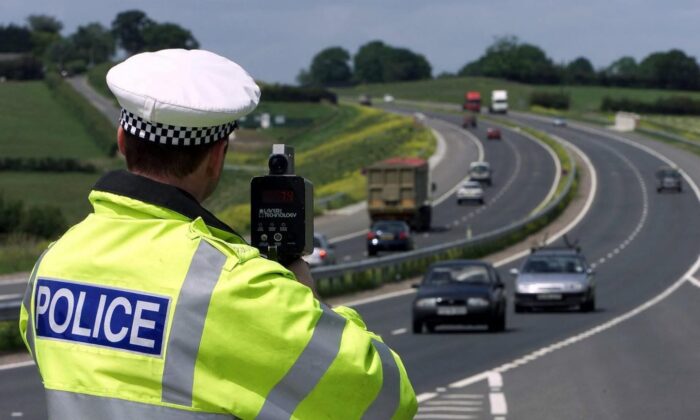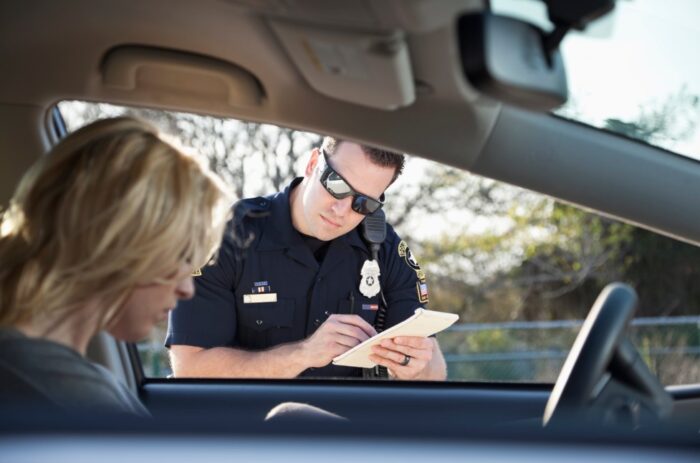
The act of exceeding the legal speed limit set on roads, known as speeding, is a common traffic violation committed by drivers across the globe. Speeding tickets, issued by law enforcement officers as a penalty for this traffic violation, serve to maintain order and safety on the roads. They represent a formal citation, informing the offender of their transgression and the corresponding penalty, often a fine or points on the driver’s license.
Understanding the ins and outs of speeding tickets is essential for every motorist. They not only provide a tangible consequence to deter negligent driving, but they also help maintain the well-being of all road users. This article will discuss the mechanics of speeding laws, the consequences of getting a speeding ticket, and how to contest a ticket.
By understanding these components, drivers can become better prepared to make safe driving decisions and handle any potential legal implications of a speeding ticket.
The Basics of Speeding Laws

Speeding laws regulate the maximum permissible speed at which a vehicle can legally operate on a public roadway. The specifics of these laws can vary significantly from one jurisdiction to another. In such complex legal topics, a speeding ticket lawyer can provide valuable insights and assistance.
Generally, there are two types of speeding laws – absolute speed limits and prima facie limits. Under absolute speed limits, which most drivers are familiar with, a driver exceeding the stated speed limit commits a violation, regardless of the driving conditions at the time. For example, if the speed limit is 50 mph, and you’re clocked at 51 mph, you’re in violation of the law.
In contrast, prima facie or “presumed” speed limit laws create a presumption that a driver exceeding the speed limit is driving at an unsafe speed. However, drivers have a right to rebut this presumption in court and prove that, considering the specific conditions at the time of their offense, their speed was in fact safe.
This could involve proving that weather, traffic, and road conditions permitted safe travel at a higher speed. It’s vital to understand the types of laws that apply in your own jurisdiction, as the way they are enforced can significantly impact the consequences of any speeding offenses committed.
Consequences of Speeding Tickets

The impact of a speeding ticket reaches far beyond the initial financial penalty or fine. One of the critical repercussions of receiving a speeding ticket can be the accumulation of points on your driving record. The point system is used by many states to track traffic violations, with each violation resulting in a certain number of points being added to your license. As these points accumulate, they could lead to higher insurance premiums, or even the suspension or revocation of your driver’s license, particularly if you accumulate a large number of points within a short period of time.
In addition to financial penalties and point accumulation, other potential consequences include mandatory traffic school or defensive driving courses and, depending on the severity of the offense, court appearances. In certain cases, particularly with serious or repeated offenses, it could even lead to criminal charges.
Also, it is important to note that insurance companies may increase your premiums after a speeding ticket, as you’re deemed a higher risk. All these potential consequences serve to underline the serious implications of getting a speeding ticket and the importance of adhering to posted speed limits at all times.
Contesting Speeding Tickets

Contrary to common belief, receiving a speeding ticket doesn’t automatically result in a conviction. There are situations when a driver may have valid reasons to challenge a ticket. Grounds for contesting a ticket might include disputing the accuracy of the speed measuring device, demonstrating that the officer’s view was impaired, establishing a case of mistaken identity, or claiming an emergency necessitated the speed. It’s essential that the driver, when choosing to contest, takes note of every detail surrounding the event as it may aid their case.
The process to contest a ticket often involves a court appearance, and it can be advantageous to acquire legal representation, although it’s not mandatory. If the court finds in favor of the driver, possible outcomes can include the ticket being dismissed, the reduction of the fine, or the removal or reduction of recorded points on the driver’s license.
If the court finds against the driver, they will have to bear the original penalties, and possibly additional court costs. It’s important to weigh the potential benefits of contesting the ticket against the costs and effort of the legal process before deciding to challenge a speeding ticket.
It is clear that understanding the specific details of speeding laws and the penalties for their violation is essential for any driver. Taking the time to educate oneself about these processes can not only prevent future legal complications but also vastly improve overall traffic safety. So, the next time you’re behind the wheel, remember the points discussed here and drive responsibly—not just to avoid penalties, but to ensure your safety and the safety of others on the road.








